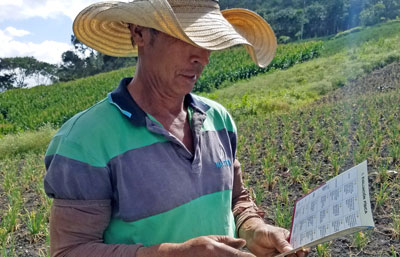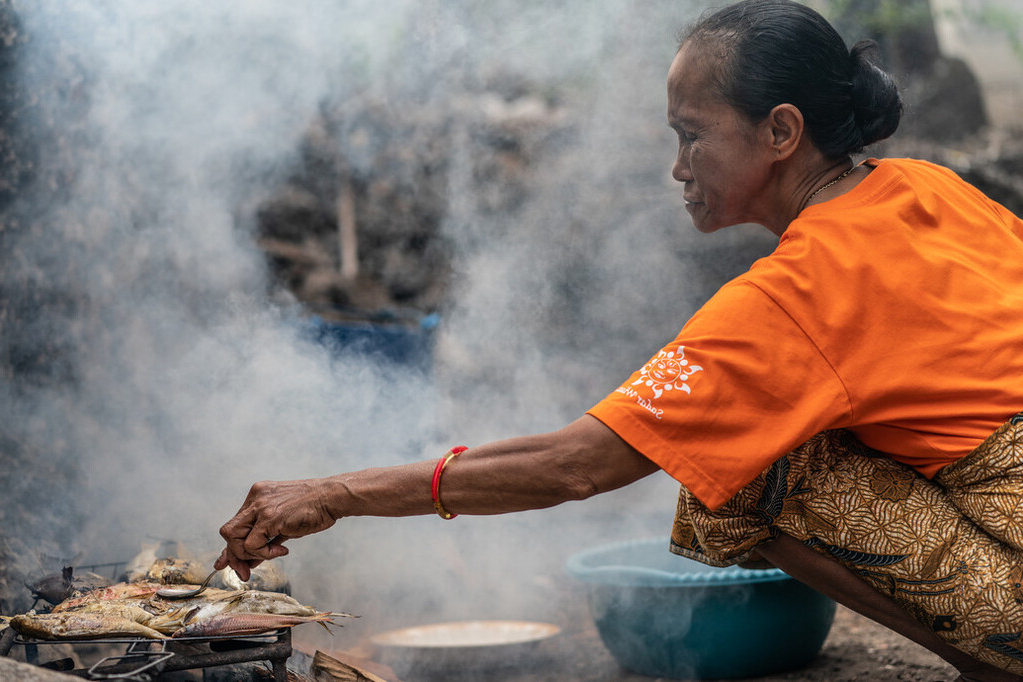Securing food systems for community livelihood and ecological sustainability
Small-scale fishers and smallholder farmers are the backbone of global food systems and world health. More than 3 billion people in coastal communities depend on small-scale fisheries for their main source of protein and smallholder farmers produce one-third of the world’s food supply. But unsustainable agricultural and fishing practices, heightened by the impacts of climate change, are exacerbating our lands and community seas.
Rare helps fishers and farmers adopt behavioral solutions and sustainable practices that balance food security with long-term environmental sustainability. Our goal is to transform food systems to promote reliable food sources, safeguard economic livelihoods, protect biodiversity, and provide an essential buffer against climate change.
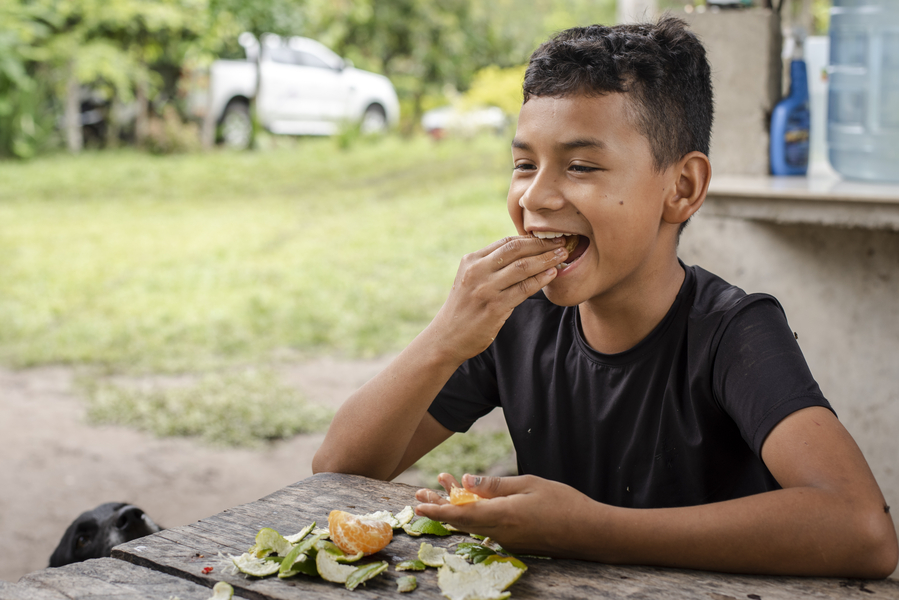
Our approach to securing food systems
Rare works with rural communities and their local governments to adopt more sustainable and effective natural resource management. We do this by focusing on local actions and behaviors that can improve productivity while also benefiting the environment. Our goal is to help communities safeguard their livelihoods, ensure reliable food sources, and provide an essential buffer against external shocks like climate change. This work is more important than ever as communities recover from the COVID-19 pandemic’s impacts.
Our people-centered approach, rooted in behavioral and social science, helps communities break down these complex problems and take actions to improve productivity, safeguard critical ecosystems, and conserve soil and water.
|
|
Supporting biodiversity through sustainable farming practicesMore than 75% of global food crops rely on animal pollination, which means smallholder farmers must prioritize practices that promote local biodiversity conservation. Rare uses a behavioral science approach to help small-scale farmers in Colombia adopt agroecological practices that benefit soil health, wildlife, ecological services, and thriving food systems. |
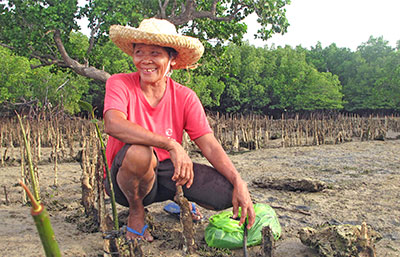 |
Sustainably managing coastal fisheries for ocean health and food securityFood security in coastal communities relies on healthy fisheries and the sustainable management of natural resources. Rare supports fishing communities with the knowledge, digital tools, and awareness to protect the coral reefs, mangrove forests, and seagrass beds on which they depend. |
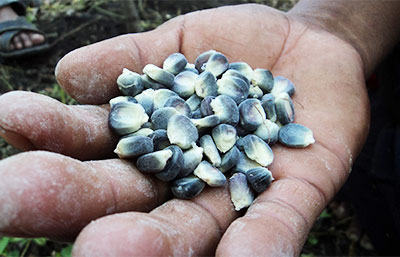 |
Surfacing and scaling food security solutionsSolution Search, an initiative of Rare’s Center for Behavior & the Environment, facilitates contests to uncover behavioral approaches that reduce the impacts of unsustainable fishing and farming practices. |
Stay Connected
Sign me up for occasional emails to learn more about Rare’s work and how I can support its mission. I know I can unsubscribe at any time.
Explore our food systems work
With support from Rare, Fernando and Anarsila rebuild their land and adopt more regenerative practices on their farm.
Protecting and managing the community seas is vital to support fisher livelihood, biodiversity, and sustainable fisheries.
Farming for Biodiversity brings behavioral solutions to ensure sustainable fishing and farming while also strengthening biodiversity.
